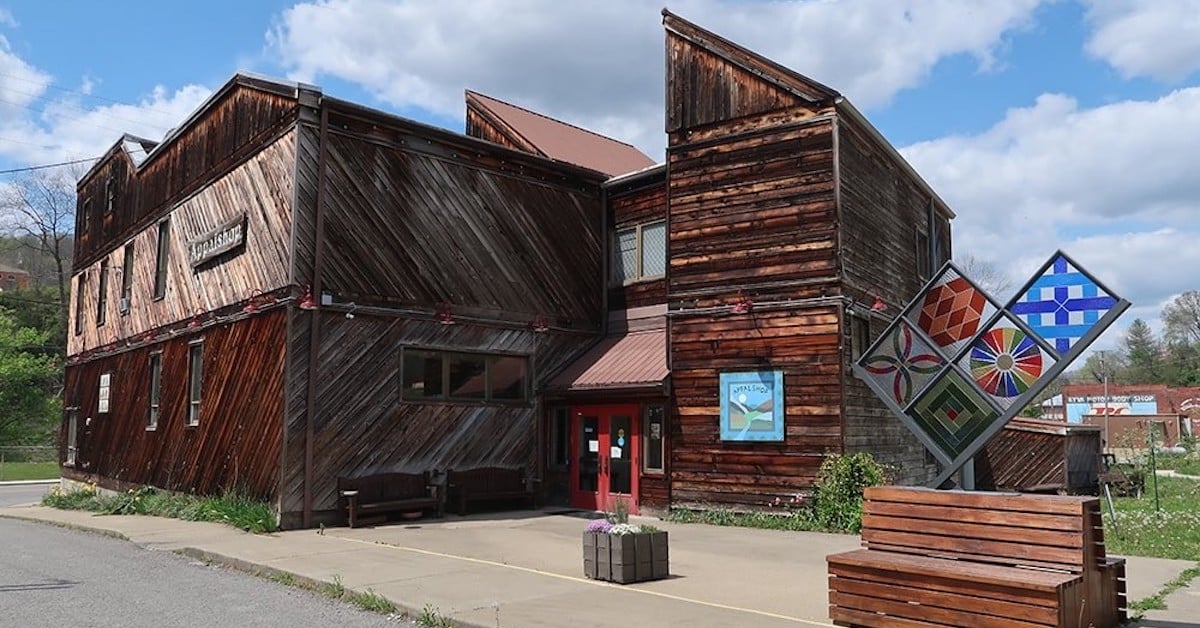Submerged in water, then mud, and finally baked in humidity, a storehouse of Appalachian history seemed lost following last July’s devastating floods in Eastern Kentucky. But the region’s story is resurfacing piece by piece at Appalshop, “one of the biggest repositories of Appalachian history and culture,” in Whitesburg, reports Remy Tumin of The New York Times.
“Now, a year after record floods tore through southeastern Kentucky, killing more than three dozen people and displacing hundreds more whose homes were washed away, Appalshop and its community are still writing the next chapter of its 54-year history.”

Appalshop began as a War on Poverty film workshop in 1969, but branched into a storehouse “celebrating Appalachian culture through theater, music, photography and literary programs,” Tumin writes.
“The organization has managed to recover more than 13,500 archival items since the flood. … Most of Appalshop’s audio and visual materials have been recovered, including rare recordings of musical performances and interviews with Appalachian activists; a 1970s interview with an Eastern Band of Cherokee leaders; and recordings, images and film footage of Black leaders from across the region.”
But the building may need to be replaced. “It is likely to cost upward of $5 million to restore or rebuild. The flood eviscerated the ground floor, which housed its theater, radio station, gallery space and climate-controlled vault, where photo negatives and other archival materials were stored.”
“Appalshop has converted an R.V. into a new mobile studio for its radio station, giving its staff members the flexibility to be at the scene of emergencies like the one they weathered last July,” Tumin reports. “Appalshop just wrapped its annual summer documentary institute and held a community gathering to commemorate the anniversary of the flood, including the premiere of a new documentary about the devastation, ‘All Is Not Lost.’”
Executive Diretcor Alex Gibson said the lifesaver was Iron Mountain’s donation of storage and services.
“It largely allows us time to recover and think about how we can afford full restoration,” he said, noting that staff members have spent months seeking grants and other funding.
“As it has documented and celebrated Appalachian culture, Appalshop also has countered narratives of what it means to be from Appalachia, Gibson said. Still, the flood highlighted the economic inequality in the region, he said,” as well as the effects of trauma on poor people.
With its WMMT-FM radio station and website, Appalshop has a wide reach, “but its roots in Appalachia provide a signal for people far from home,” Tumin reports.
Téa Wimer, the station’s manager, told her: “It serves a very specific purpose that nothing else in the world can really serve, and that’s feeling connected to people and tradition, and hearing people that sound like you on the radio. … Those things are really special and important because listeners don’t get to hear it anywhere else.”






